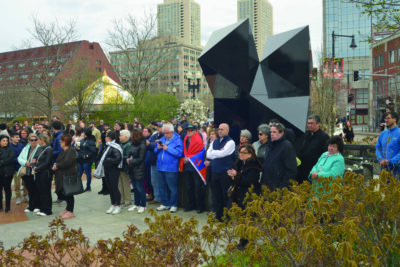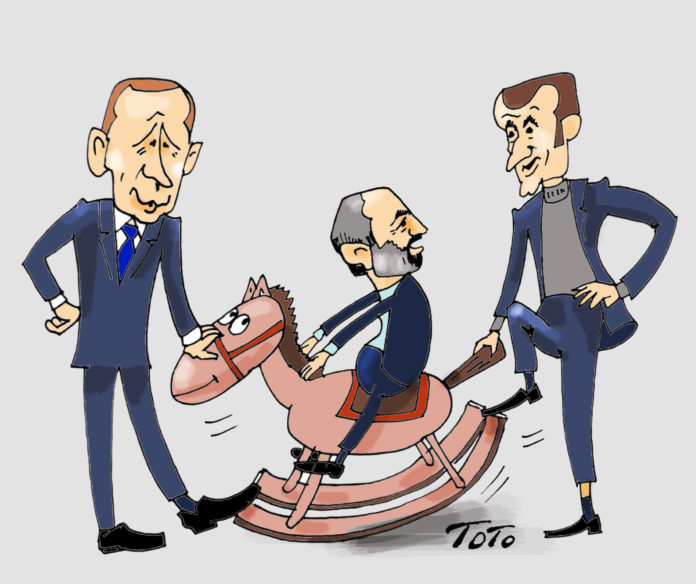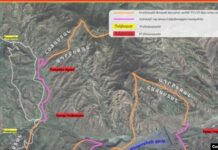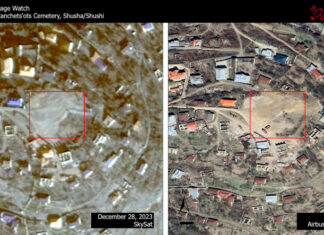Efforts to solve the Armenia and Azerbaijan issue are moving from one capital to another in rapid succession, causing a whirlwind effect for the players and observers.
On October 6, Armenian and Azerbaijani leaders met in Prague to discuss the peace treaty between the two countries. On October 14, they met in Astana, Kazakhstan, within the forum of the Heads of States of the Commonwealth of Independent States (CIS), a loose federation of former Soviet republics.
In each case, not only is the locale different, but so are the participants, with diverse political perspectives and agendas, all competing for spoils from the situation.
The October 6 meeting in Prague took place within the platform of the European Political Community, where the major actor was France, and its president the most vocal figure.
Europe and the West, in general, are focused on the war in Ukraine and they will use any opportunity to put Russia on the defensive and try to undermine its position in the Caucasus. By contrast, in Astana, on October 14, Russia and its president were the major players and their aim was to keep the former Soviet republics in line with that nation’s imperial ambitions.
Armenia and Azerbaijan are only pawns on the chessboard to be utilized by the major powers. That is the nature of politics. As minor actors, they will try to find loopholes in the main political scenes to intersect their interests with the movers and shakers and extract the maximum benefits.










